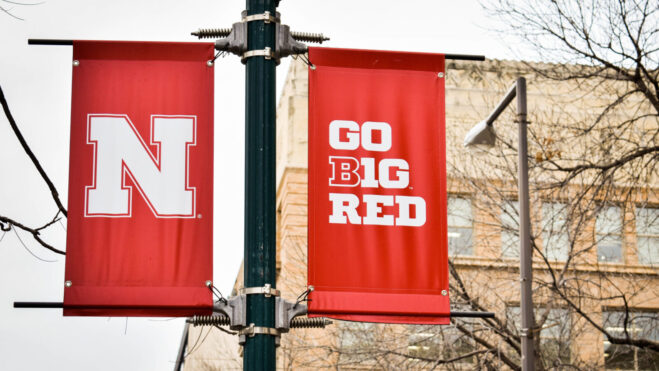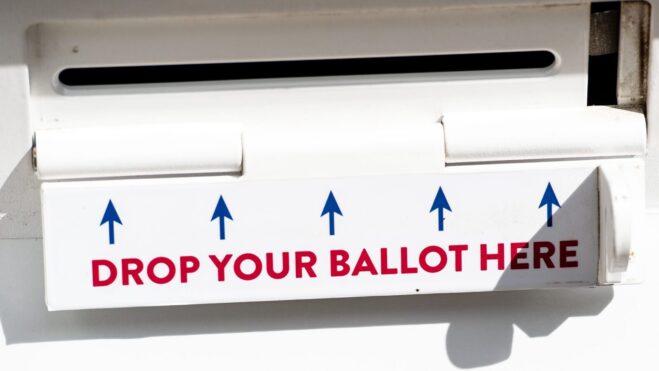Betting On Baseball Lands Padres Player In Jeopardy Of Lifetime Ban
Infielder Tucupita Marcano could face a lifetime MLB ban if allegations he bet on his team's games are substantiated.
2 min

In another betting scandal within MLB, San Diego Padres infielder Tucupita Marcano is reportedly under investigation for betting on baseball games. This allegation, if proven true, could lead to a lifetime ban from the league.
Betting on baseball by players, especially on games they are involved in, is strictly prohibited. The rules are clear and have been historically enforced to maintain fair play and prevent any form of corruption. MLB Rule 21(d) states that any player, umpire, or club or league official who bets on a league game in which they have a duty to perform may be fined, suspended, or permanently banned.
The case of Marcano involves the Pittsburgh Pirates, his former team. He reportedly wagered on games involving the Pirates last season while he was on the injured list and also shared sensitive and private information with bettors that gave them an edge in placing their wagers.
The investigation into Marcano’s activity is ongoing. The Pirates and the Padres are cooperating with MLB to unravel the details.
Any betting scandal in baseball immediately draws comparisons to the infamous Black Sox Scandal of 1919, which left an indelible mark on the sport and led to the permanent ban of eight Chicago White Sox players who were accused of having thrown a World Series game. The players were ultimately acquitted in court, but that didn’t stop the league from taking action.
This situation is also reminiscent of Pete Rose’s lifetime ban from baseball in 1989. He wasn’t active as a player at the time, but was accused of betting on MLB games as the Cincinnati Reds’ manager.
The NFL draws the line
Whereas MLB betting suspensions have been rare since legal sports betting began to spread outside Nevada in 2018, the NFL has punished 12 players in that time. The highest profile among them was Calvin Ridley, then of the Atlanta Falcons, who had to miss the 2022 season for violating the NFL’s anti-gambling policies. The 2023 season saw a notable crackdown, with several players running afoul of the rules.
Quintez Cephus, C.J. Moore, and Shaka Toney topped the list. All three were suspended indefinitely in April of last year for betting on NFL games. Cephus returned in April, signing with the Buffalo Bills, and Moore is back with his old team, the Detroit Lions. Toney returned to the Washington Commanders in April, only to have the team release him immediately after.
As part of that same investigation, Jameson Williams and Stanley Berryhill received six-month suspensions in April of last year. The league determined they had bet on non-NFL games while in an NFL facility.
Two months after those suspensions, the NFL handed Isaiah Rodgers Sr. and Rashod Berry indefinite suspensions, and Demetrius Taylor was suspended the same month for betting on NFL games. Right after that, the NFL suspended Nicholas Petit-Frere for six games after an investigation found he bet on non-NFL games from an NFL facility.
NBA and NHL not left out
The NBA has also had its troubles and became the first major sports league in the modern betting era to permanently ban a player. In April, Jontay Porter received a lifetime ban for betting on games and disclosing confidential information.
In addition, the NHL imposed a 41-game suspension on Ottawa Senators center Shane Pinto last year for activities related to sports wagering. While it was clarified that the 2022 Rookie of the Year did not bet on NHL games, the league didn’t provide more details.
Athletes aren’t the only ones who have found themselves in the firing line for their betting proclivities over the years, even before the U.S. Supreme Court shot down the Professional and Amateur Sports Protection Act in 2018. Tim Donaghy, an NBA referee for 13 seasons, saw his career crumble in 2007 after he was implicated in a betting scheme.
Investigations indicated he had been wagering on games he officiated during his final seasons. Donaghy wasn’t just accused of placing bets; he was allegedly tipping off associates with inside information that could influence the point spread.
Donaghy eventually pleaded guilty to federal charges related to conspiracy and wire fraud. He was sentenced to 15 months in prison.





